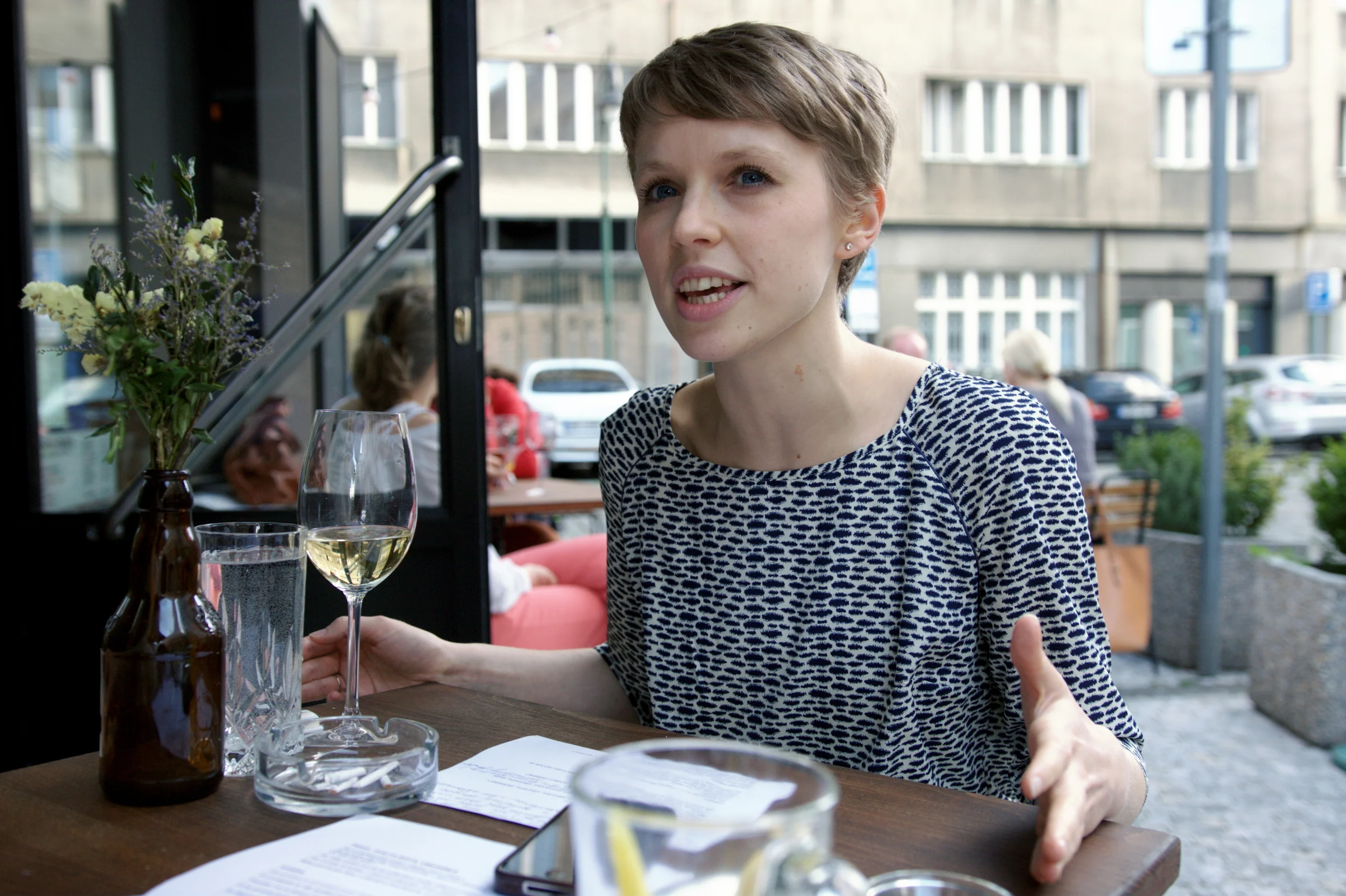‘‘This fear was transmitted to us through our parents who told us stories of our neighbors spying on us and reporting each other for small things like tearing the newspaper with the portrait of Stalin or using it as a toilet paper in the bathroom. I also think it is a generational issue. Young Kazakhs grew without it and these are the people who drive change. Older people will be more afraid to raise these topics, so I think it must go to younger people who are without fear, more globalized and better educated.’’’
Women Issues Do Not Solve Inequality. Gender Does. Brigitte Wotha.
Where the Streets are Named after Women. Etuna Nogaideli
,,Bringing this project to the end was a very political act in its truest sense. I have attended several meetings of different committees at the City Hall; I have listened to insulting comments from different members. Some claimed it was a violation of their rights that we obliged them to read biographies of women that they were not interested in. The other comment was that we were supporting further distortion of the city with unnecessary construction. However, along the way, I have also been supported by a number of people; feminists who worked either in the City Council and / or the City Hall, but also ordinary employees and our partners.''
Telling Architectural Narratives Differently. Starlight Vattano
,,We are recreating women role models communicating Modern era. I find it especially important in our times when we stay isolated with our computers and phones. These were women who used to touch materials, people, dreams. So we communicate. Through the university, publications, platforms and events like this.''





